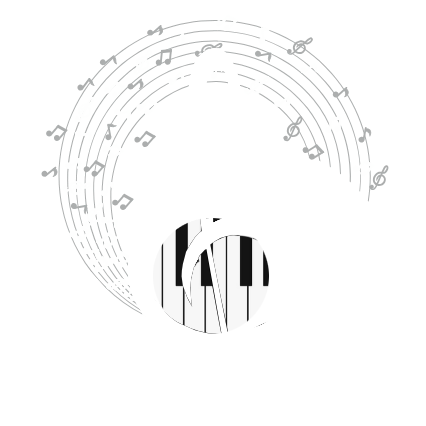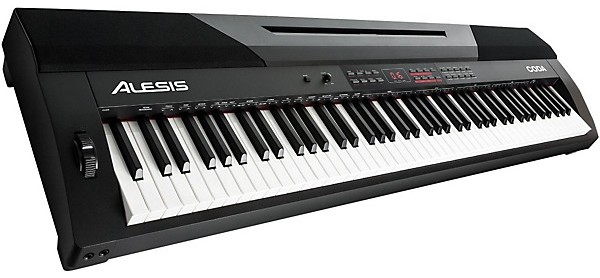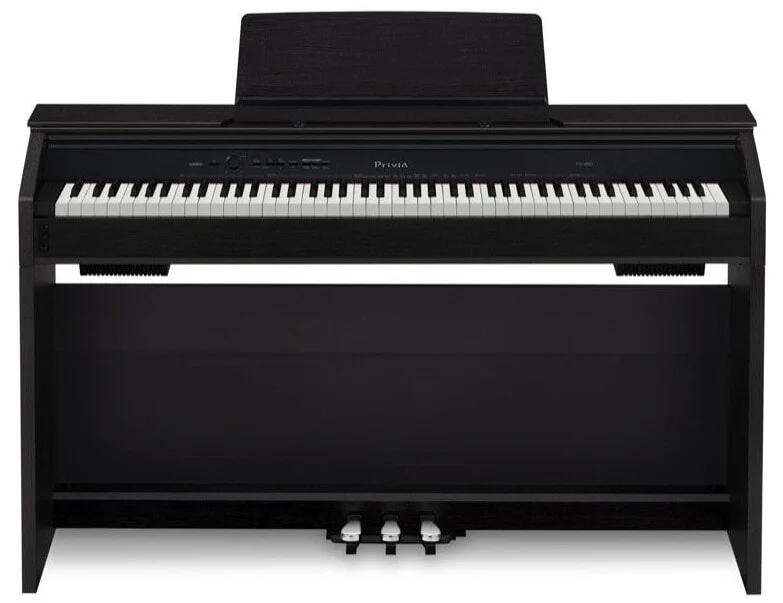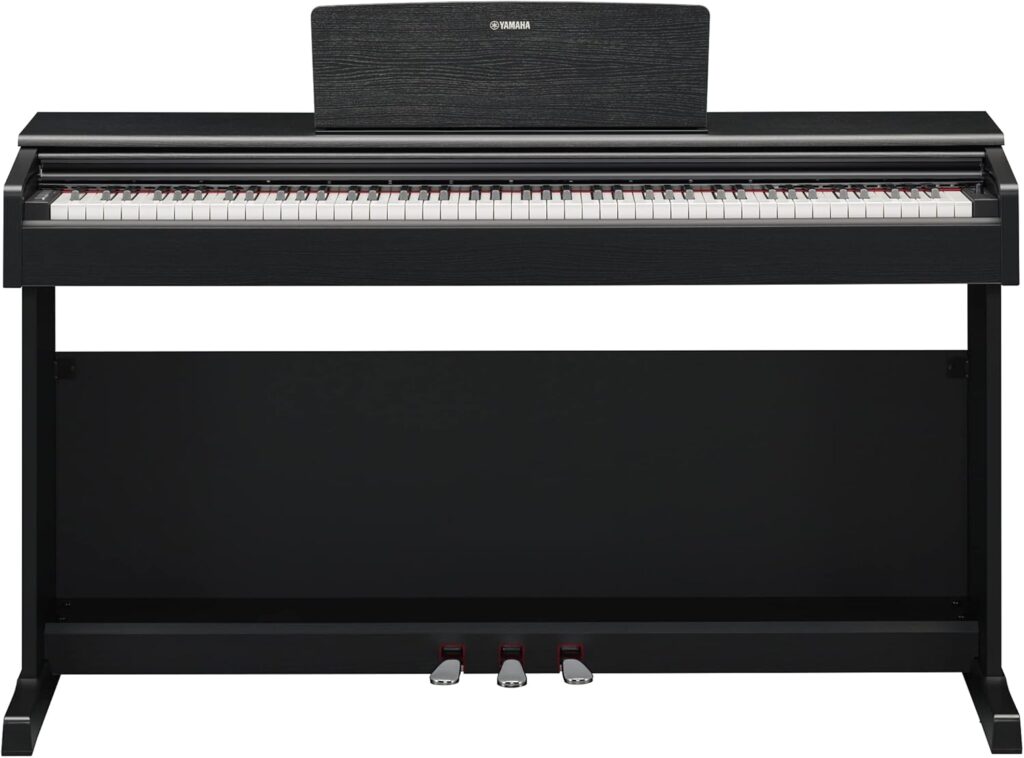So you’re ready to dive into the world of piano—but you don’t want the hassle (or the price tag) of a big, traditional acoustic. Smart move. Digital pianos are perfect for beginners, offering realistic sound and feel, built-in learning features, and the ability to practice silently with headphones.
But which one should you get? Not all beginner pianos are created equal, and if you’re just starting out, you want something that makes learning easy, fun, and rewarding.
Here’s a roundup of the best digital pianos for new players—handpicked for their balance of quality, simplicity, and value.
1. Yamaha P-125 – Best All-Around Starter Piano
Why it’s great:
Yamaha’s P-125 strikes the perfect balance between performance and accessibility. It has a full 88-key weighted keyboard and Yamaha’s signature grand piano tone.
Highlights:
- Graded Hammer Standard (GHS) action
- Pure CF Sound Engine
- Built-in rhythm tracks
- USB connectivity for apps
Best for: Beginners who want something they can grow into without upgrading anytime soon.
2. Roland FP-10 – Realistic Feel at a Friendly Price
Why it’s great:
Roland’s FP-10 is one of the best-feeling beginner digital pianos under $700. The PHA-4 action gives you the kind of touch you’d expect from much more expensive instruments.
Highlights:
- 88 weighted keys with ivory feel
- SuperNATURAL piano sound engine
- Bluetooth MIDI
- Compact, portable design
Best for: Learners who want a piano that feels great and works with Bluetooth learning apps.
3. Casio PX-S1100 – Stylish, Slim, and Powerful
Why it’s great:
Casio’s PX-S1100 offers a sleek design that looks nothing like a beginner keyboard—but still packs serious power for practice and performance.
Highlights:
- Smart Scaled Hammer Action
- AiR Sound Source for realistic tone
- Bluetooth audio + MIDI
- Super slim and lightweight
Best for: Beginners who want a premium feel and modern look.
4. Alesis Prestige – Budget Hero With Weighted Keys
Why it’s great:
If you’re just starting out and want full-size, fully weighted keys without blowing your budget, this is your go-to.
Highlights:
- 88 graded hammer-action keys
- 16 onboard voices
- Lesson, split, and layer modes
- Headphone jack for quiet practice
Best for: Beginners looking for the lowest-cost option that still feels like a real piano.
5. Korg B2 – Straightforward, Reliable, and Musical
Why it’s great:
Korg is known for high-quality sound engines, and the B2 delivers beautiful piano tones in a beginner-friendly design.
Highlights:
- 88 Natural Weighted Hammer keys
- 12 instrument sounds
- USB MIDI/Audio support
- Great speaker system for rich sound
Best for: Students who want simplicity and sound quality without extra distractions.
6. Donner DEP-20 – Feature-Rich for Under $500
Why it’s great:
Donner is a newer brand that’s surprising a lot of players. The DEP-20 has everything a beginner needs, with lots of voices and features for experimentation.
Highlights:
- 88 weighted keys
- 238 tones, 200 rhythms
- Recording and dual voice modes
- LCD screen and metronome
Best for: Creative learners who want lots of sounds and tools to explore music.
7. Casio CDP-S160 – Simple, Light, and Affordable
Why it’s great:
A great starter piano that doesn’t skimp on feel. It’s one of the slimmest weighted digital pianos on the market—ideal for tight spaces.
Highlights:
- Scaled hammer-action keys
- USB MIDI
- Optional battery power
- Straightforward controls
Best for: Beginners in small spaces or shared households.
Conclusion
Digital pianos make it easier than ever to get started on your musical journey. Whether you’re drawn to the sleek style of the Casio PX-S1100, the realistic feel of the Roland FP-10, or the affordability of the Alesis Prestige, there’s a perfect match waiting for you.
What to look for as a beginner:
- 88 weighted keys (for building real technique)
- Headphone output (for quiet practice)
- App compatibility (for guided learning)
- Simple controls and solid tone
Start with a piano you’ll actually want to play—and you’ll be amazed how far you’ll go.
FAQs
- Do I need 88 keys as a beginner?
Yes, if possible. It helps develop proper hand position and prepares you for any piece of music. - What’s the difference between weighted and semi-weighted keys?
Weighted keys simulate the feel of a real piano. Semi-weighted are lighter and less realistic but can still work for early practice. - Can I learn piano on my own with a digital piano?
Absolutely! Many models work with apps like Flowkey, Simply Piano, and Yousician. - Are digital pianos better than keyboards for beginners?
Yes. Digital pianos have weighted keys and better tone—closer to an acoustic experience.
How much should I spend on my first piano?
Anywhere from $400 to $800 is a solid range for a beginner digital piano that will last and feel rewarding to play.



